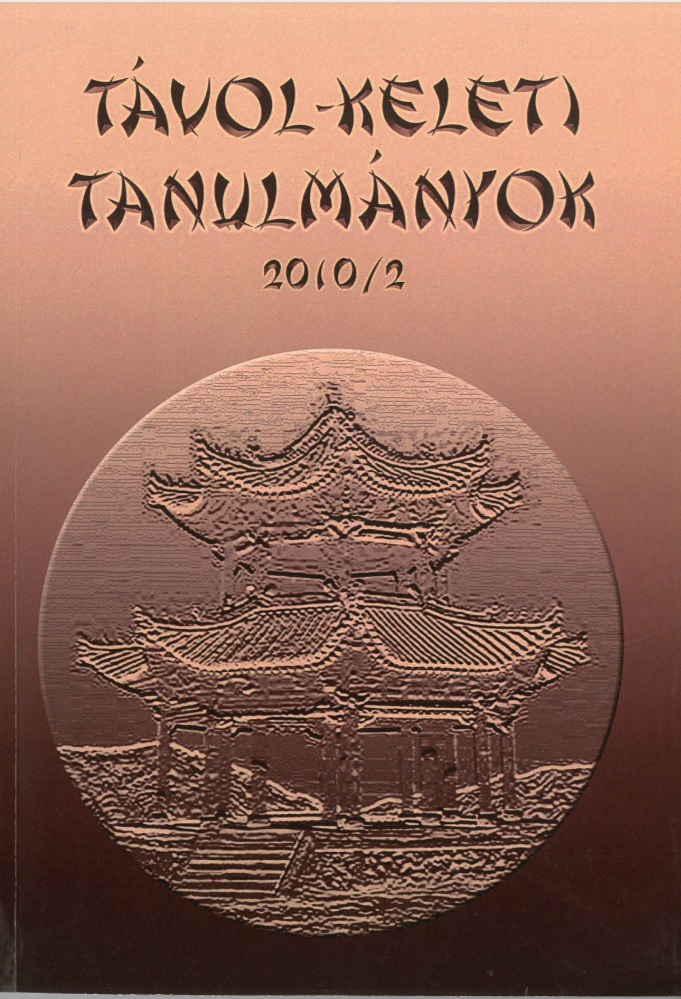Published 2011-09-18
How to Cite
Copyright (c) 2013 the author(s)

This work is licensed under a Creative Commons Attribution-NonCommercial 4.0 International License.
Abstract
Cao Yu is undoubtedly a leading figure of modern Chinese drama. His first play, Thunderstorm (written in 1933), although influenced by the works of many major Western dramatists (Sophocles, Shakespeare, Ibsen, O’Neill), is essentially a Chinese play: it is a credible chronicle of contemporary Chinese reality. The play is an intriguing, well-written tragedy, reflecting the newly discovered and crucified immoralities of patriarchal Chinese society. Born at the dawn of a new era, Thunderstorm advocates a new set of values (personal freedom, free love, equality) in a revolutionary new form of ‚spoken drama’, being a pioneer play in multiple aspects. Beyond its being a realist drama, in the spirit of Western dramatic tradition it also touches on universal issues like human flaws and passions, the vanity of human life, and, most importantly, Fate: a mystic force that drives everything. The lucky combination of decrypting fundamental human qualities and depicting the peculiar social circumstances of contemporary China secure Thunderstorm a noteworthy status in drama history.
